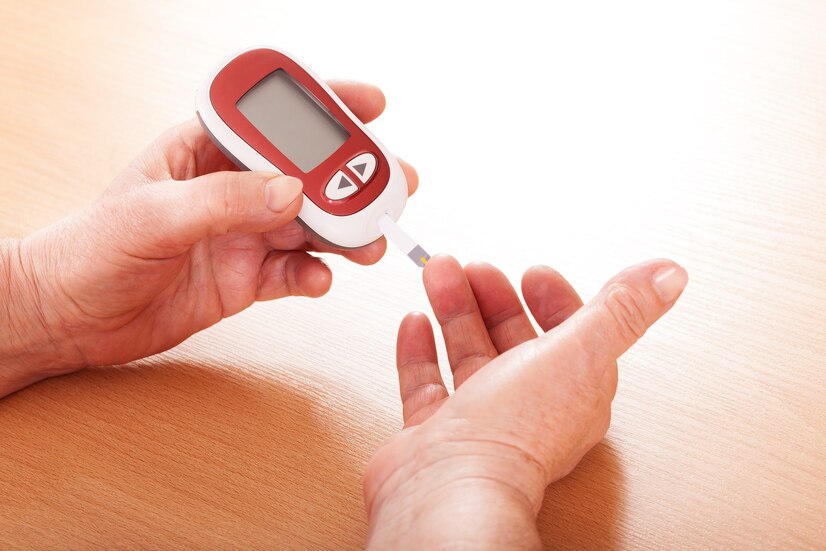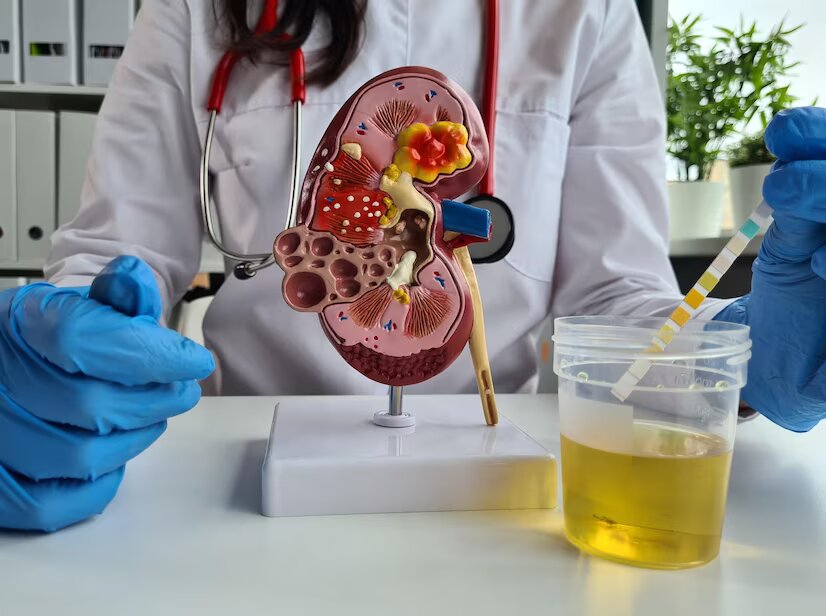The Liver’s Unsung Heroes: Lesser-Known Functions And Their Impact On Overall Health
The liver, a vital organ often overlooked in discussions of health and wellness, plays an integral role in maintaining our overall health. This resilient organ, weighing around three pounds, is responsible for an astounding number of over 500 functions within the body. A considerable number of these functions are seldom acknowledged, despite their critical impact on our health. To fully understand and appreciate the substantial contributions of the liver, let’s explore some of these lesser-known roles and their overall implications for our well-being.
Contents
Vital Role In Digestion
The liver’s detoxifying abilities are widely recognized, but its vital role in digestion often goes unnoticed. The liver plays an integral part in the digestive process, primarily by producing bile. Bile is crucial for the digestion and absorption of fats and fat-soluble vitamins (A, D, E, and K). It works by breaking down fats into smaller droplets, thus facilitating their digestion and absorption into the bloodstream. Without this essential process, our ability to derive vital nutrients from the food we consume would be greatly hampered.
Moreover, the liver is instrumental in processing the nutrients absorbed from our gut and converting them into forms that our body can use. It plays a significant role in synthesizing proteins necessary for blood clotting and other functions. The liver also stores certain vitamins and minerals, releasing them into the bloodstream as required. This central role in processing and regulating nutrients highlights the liver’s significance in maintaining our nutritional health.
Furthermore, the liver plays a vital role in energy production by metabolizing carbohydrates, proteins, and fats. It is responsible for converting these nutrients into energy that our cells can use, underscoring its fundamental role in our overall metabolic health and energy balance.
Blood Sugar Regulation

Blood sugar regulation is another critical function of the liver that often flies under the radar. The liver maintains the balance of glucose (sugar) in our bloodstream, storing excess glucose as glycogen. When the body needs a boost of energy, such as between meals or overnight, the liver converts this stored glycogen back into glucose, supplying our bodies with the energy it needs.
The liver’s role in blood sugar regulation extends beyond supplying glucose. It also helps to prevent hypoglycemia (low blood sugar) by releasing glucose into the bloodstream when needed. Furthermore, the liver plays a role in insulin regulation, a hormone that controls blood sugar levels. This intricate network of functions that the liver carries out highlights its central role in maintaining energy balance, and overall metabolic health, and preventing the onset of diseases such as diabetes.
Immune System Support
The liver also plays a pivotal role in supporting the immune system. As a component of the reticuloendothelial system, the liver serves as a critical line of defense against pathogens. It aids in removing bacteria, viruses, and other toxins from our bloodstream, essentially acting as a protective filter.
Moreover, Kupffer cells, a type of immune cell within the liver, secrete cytokines, small proteins that regulate immune responses. These cells help modulate our immune response, ensuring that it is strong enough to combat infections but not overly reactive, which could harm the body. By maintaining this delicate balance, the liver plays a significant role in supporting overall immune health, ultimately protecting us from a multitude of diseases.
Hormone Regulation
Hormone regulation is another vital function of the liver that is often underappreciated. The liver metabolizes several hormones, including insulin, which controls blood sugar levels, and estrogen, a primary female sex hormone. By ensuring these hormones remain within their normal ranges, the liver plays a key role in preventing a wide array of health issues associated with hormonal imbalances.
Furthermore, the liver helps to clear the body of excess hormones, preventing their build-up to potentially harmful levels. For instance, it breaks down cortisol, the stress hormone, aiding in the regulation of the body’s stress response. This process highlights the liver’s pivotal role in maintaining hormonal balance, which impacts a range of bodily functions from metabolic health to stress management.
To gain a deeper understanding of the multitude of functions carried out by our liver, click here. This resource will enrich your knowledge of this remarkable organ and its invaluable functions.
Protecting Your Liver
Given the numerous vital functions performed by the liver, it’s imperative to prioritize its health. A balanced diet and the use of health supplements can effectively support liver health. PureHealth Research, a trusted provider of health supplements, offers a range of products specifically designed to support liver health. Incorporating these supplements into your routine can help provide your liver with the essential nutrients it needs to perform optimally, contributing to overall health and wellness.
Concluding Thoughts
While the liver may not often be the focus of health discussions, its immense contribution to our overall health is undeniable. It performs an array of crucial functions, from aiding digestion and regulating blood sugar levels to supporting the immune system and maintaining hormonal balance. Given these diverse roles, maintaining liver health should be considered a priority in our quest for overall well-being.
Read Also:
- What Are Brain Disorders? Symptoms, Treatment, And Prevention
- 10 Best Fitness Apps That Will Help You Lose Weight Quickly [2022 Update]
- How to Deal with Mental Health Issues Such as Depression, Panic Attacks and Anxiety



